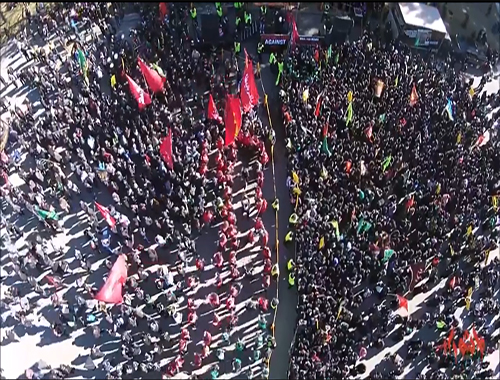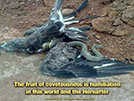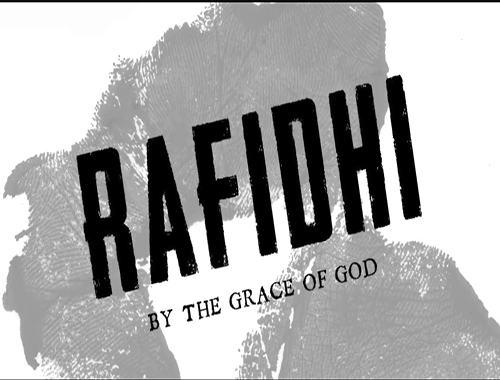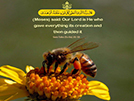Purification affected by slaughter
- Details
- Hits: 5107
Purification affected by slaughter
Whatever has been discussed so far shows that except for dog and pig all other HarÄm animals if slaughtered in Islamic way are considered tahir, although eating them is not permitted. And if it has not been correctly slaughtered, its dead body is najis (impure). But if it doesn’t have warm blood it cannot be considered najis even if it dies without purification; its eating is obviously HarÄm. For example, snake, insects etc. And every HalÄl flesh animal, which dies without purification becomes najis (impure) and its eating is HarÄm. If it does not possess warm blood, eating it is HarÄm but it is not najis (impure). For example fish that dies in water. Carrion whose eating is HarÄm is an animal that dies without slaughter prescribed by the Shariah. Whether it dies of some disease or a natural death, or due to external factors, whether it dies suddenly or a slow death. As animal do not usually die a sudden death it is possible that people think this kind of death does not make it a carrion. The Qur’anic verse (Surah al-MÄ’ida 5:3) has specially mentioned it among the five kinds of carrion.
1. Munkhafta, animal that dies due to strangulation whether accidental or intentional, whether it is strangulated with an instrument like a rope etc, or by pressing its neck between two sticks. Such and many other types of methods were prevalent during the period of Jahiliyya (Pre-Islamic).
2. Mangooza, an animal that is beaten till it dies.
3. Mutaraddiya, animal that falls from a great height or that which falls into a well.
4. Tatahayya, animal that dies after being wounded by the horns of some other beast.
5. MÄ Akala Bassao, an animal that was hunted by a beast and part of it was eaten up.
The phrase “and what is sacrificed on stones set up (for idols)…” prohibits the method of slaughter practiced in Jahiliyya. In the pre-Islamic era the polytheists used to install stones around the Ka’aba and consider them sacred. They used to worship these stones and sacrifice animals upon them. And the phrase, “and that you divide by the arrows…”, prohibits the consumption of the meat of animal that is slaughtered and its meat divided into the participants by drawing arrows. This is also a kind of gambling and it has been explained in detail in the chapter on gambling.











